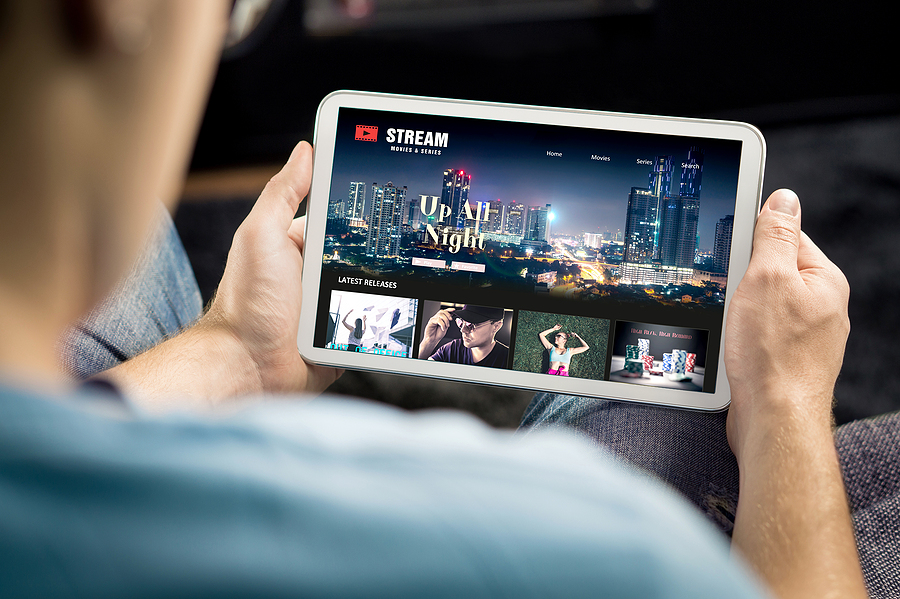Financially Navigating Unemployment
Losing a job can be stressful and frightening, especially if you have a spouse or children who depend on your income. But, there are ways you can financially navigate – and prepare for – unemployment. We’ll take a look at how below.
Create an Emergency Fund
It’s always best to have an emergency fund in the event of unemployment or other unforeseen life events. Emergency funds are most commonly savings accounts, which can include Gulf Winds’ Primary Share Savings Accounts or Money Market Accounts. If you work in an industry where it takes longer to find full-time employment, consider setting aside more money each month for your emergency fund. Doing so ensures it will keep you afloat longer.

Reassess Your Budget
If you find yourself unemployed, the first thing you need to do is re-evaluate your budget. Go through each line item and spending category to see what expenditures you can eliminate. Essentially, you’ll only want to spend money on the necessities – like housing, utilities, groceries, gas, and a few others. There are also ways you can save money on each of these spending categories. Eliminate all expenses you don’t deem necessary, such as subscription or membership-based services, restaurants, and entertainment-related purchases. Try substituting all non-essential purchases with free alternatives.

Seek Help
Once you’ve reassessed your financial situation, it’s important to get financial help, if necessary. One of the first things you should do is apply for unemployment benefits to help supplement your income. The application process can take several weeks, so apply as soon as you can. Likewise, SNAP benefits can help you pay for groceries in the event of unemployment or financial hardship. If you feel it’s necessary, you can also take advantage of food banks or charities for food and other basic needs.

Negotiate Payments
In the event of financial disruption, it’s wise to seek temporary relief on recurring payments. If you’re paying off student loans, for instance, you may be able to apply for forbearance or put a pause on payments while looking for work. Likewise, financial institutions and credit card companies may be able to work with you if you can no longer pay the full amount due. If you can’t afford your mortgage or car payments because of unemployment, discuss this with your lender. You may be able to refinance and save money on monthly payments. If you rent a home, be sure to talk to your landlord about your recent unemployment and temporary payment plans. All in all, being proactive with payments can help you avoid penalties and maintain your credit score.

Review Health Insurance Options
If you obtain health insurance through your place of employment and are now unemployed, it's critical to review new health insurance options to continue receiving health benefits. The Consolidated Omnibus Budget Reconciliation Act, or COBRA, allows workers and their families to continue their health insurance benefits after unemployment. The only drawback to COBRA is that individuals are required to pay for the entirety of their health insurance premiums, which isn’t always attainable in the event of financial disruption. The Health Insurance Marketplace through Healthcare.gov allows you to enroll for coverage any time of year as long as it’s within 60 days of losing your employment-based coverage. Medicaid and the Children’s Health Insurance Program, or CHIP, can also help you access low-cost health insurance.

Look for Part-time Work
The next step in bouncing back from unemployment is finding work. Since it can sometimes take a while to find full-time work, try applying for temporary or part-time jobs. A part-time job can put money in your pocket while you look for full-time employment. It also gives you the time to update your resume and build your professional network. You can also supplement your income with a side hustle, like ridesharing or food delivery. For more, be sure to check out our blog about side hustles.
While becoming unemployed can be embarrassing, remember that it can happen to anyone. During this stressful time, it’s important to set goals. It’s also crucial to take care of yourself emotionally. Above all, keep your head up and stay focused.

Hunter Morrison
About Hunter Morrison
Hunter has freelanced for various print and radio publications across Northwest Florida, including The Bay Beacon, Navarre Press, Inweekly, Crestview News Bulletin, and WUWF. He was also the Editor in Chief of the University of West Florida’s student newspaper, The Voyager. In 2023, Hunter moved to Kenai, Alaska to take up a news reporting position with KDLL Public Radio. For fun, Hunter enjoys cross-country skiing, hiking, photography, thrifting, traveling, and looking for the best Thai food around.